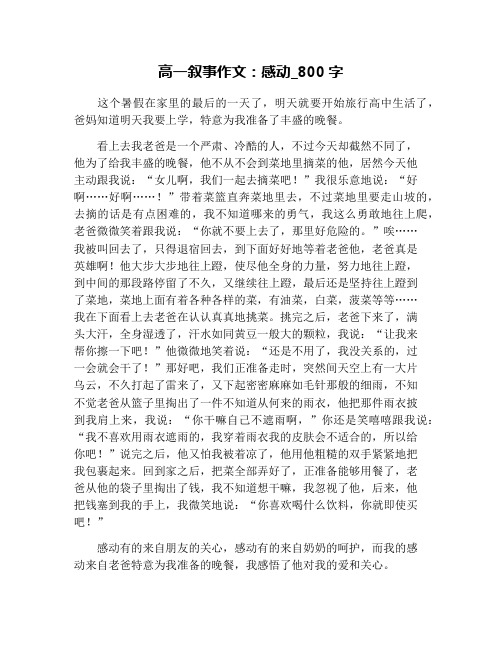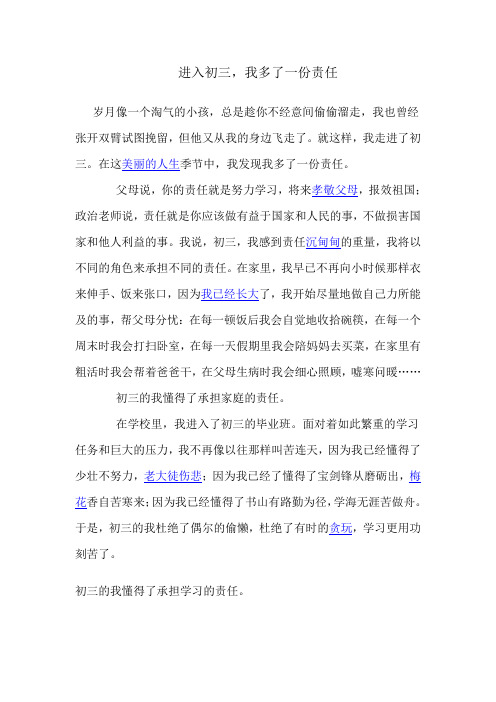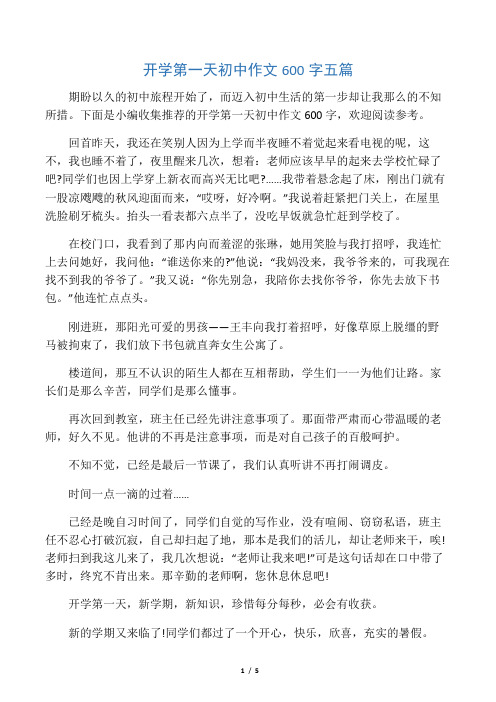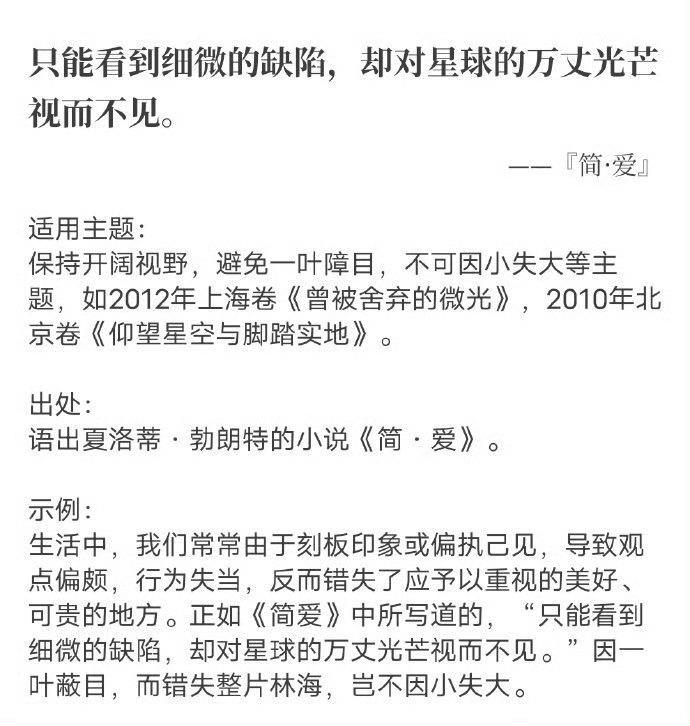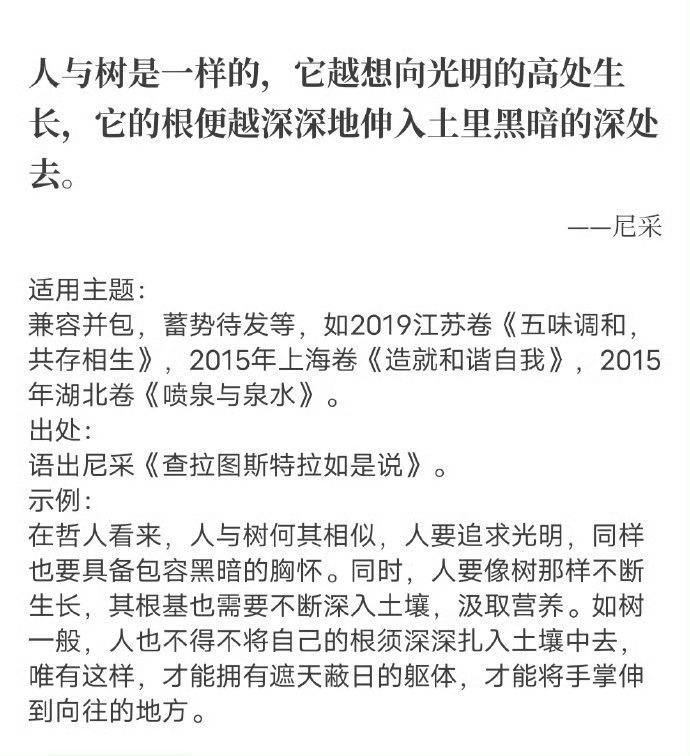关于课程的英语作文(英语作文课程)
推荐阅读》
In the modern educational landscape, courses play a pivotal role in shaping individuals' knowledge and skills. They are the building blocks of learning, opening doors to various disciplines and career paths. Whether in schools, colleges, or vocational training centers, courses have a profound impact on students' intellectual growth and personal development. This essay will delve into the significance of courses, the different types of courses available, and the benefits they bring, followed by a conclusion summarizing the key points.

Firstly, let's explore the significance of courses. Courses provide a structured framework for learning. They outline the specific topics and learning objectives that students need to master. In primary and secondary schools, core courses like mathematics, languages, and science form the foundation of general education. These courses equip students with essential knowledge and thinking skills that are applicable in everyday life. For example, mathematics teaches logical reasoning and problem-solving abilities. Language courses, such as Chinese and English, enable effective communication. Without these foundational courses, it would be difficult for students to proceed to higher levels of education or understand the world around them.
In higher education, courses become more specialized and in-depth. University courses allow students to delve deeper into their chosen fields of study. For instance, a student majoring in computer science will take courses in programming languages, data structures, algorithms, and so on. These courses not only provide theoretical knowledge but also practical skills through labs and projects. They prepare students for specific careers, making them competitive in the job market. Moreover, courses can also broaden students' horizons by exposing them to new ideas and perspectives. Elective courses in humanities, social sciences, and arts can enrich students' cultural素养 and critical thinking abilities.
There are various types of courses available. Academic courses are the traditional ones offered in schools and universities, focusing on subjects like science, mathematics, literature, and history. These courses follow a set curriculum and are usually assessed through exams, assignments, and projects. Another type is vocational courses. These courses are designed to train students for specific trades or professions. Examples include courses in plumbing, carpentry, nursing, and culinary arts. Vocational courses emphasize practical skills and hands-on experience, preparing students directly for entry into the workforce. With the growing demand for skilled workers in various industries, vocational courses have become increasingly important.
In addition to academic and vocational courses, there are also online courses and MOOCs (Massive Open Online Courses). The advent of the internet has made education more accessible than ever before. Online platforms like Coursera, edX, and Khan Academy offer a wide range of courses from top universities and institutions around the world. These courses allow learners to study at their own pace, from anywhere in the world. They cover a diverse array of subjects, from programming and business to music and psychology. Online courses provide a flexible learning option for people who may not have the time or resources to attend traditional classes.
The benefits of courses are multifaceted. From an individual perspective, courses enhance knowledge and skills, leading to better career opportunities and personal growth. They help students develop discipline, time management, and self-motivation. Learning new things through courses can also boost confidence and creativity. On a societal level, well-designed courses contribute to the development of a knowledgeable and skilled workforce. They drive innovation and economic growth. For example, courses in engineering and technology have led to the creation of new products and systems that improve our quality of life.

In conclusion, courses are an integral part of the educational system and have a far-reaching impact on individuals and society as a whole. Their significance lies in providing structured learning, specialization, and skill development. The variety of courses available caters to different interests and needs. The benefits of courses extend beyond just acquiring knowledge; they shape our futures and drive societal progress. As education continues to evolve, we can expect courses to adapt and innovate, preparing generations to come for the challenges and opportunities of the future.
本文系作者个人观点,不代表本站立场,转载请注明出处!


